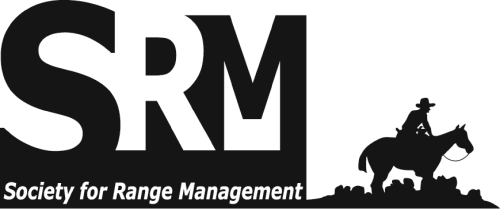Rangeland degradation is one of the major problems in the Hindu Kush Himalayan (HKH) region particularly in the arid and semi arid ecosystems in the north west of Pakistan where pastoralism, the main livelihood, is being perceived as vulnerable to climate change. Local herders perception of climate change is required to understand the knowledge gap so that policy makers can address the problems faced by the herders and make adequate decision about adaptive climate change strategies. A survey was conducted in Gilgit Baltistan Province of Pakistan with the objectives of assessing the herders perception and adaptation strategies to climate change. Herders perception was gathered through focus group discussions and using open structured questions. The herders perceived the long term climate change trend based on their experience of changes in their surroundings during the past10-15 years. They identified increased glacier melting, longer and intense droughts, prolonged summers and relatively shorter winters as indicators of recent climatic changes, pertinent to their livelihoods and well being. They further perceived that climate change had directly been impacting on livestock and pasture, in particular by changing vegetation composition, reducing forage yield, and hence lowering pasture area. The study concludes that climate change has detrimental impact on the efficient use and management of rangeland resources adversely affecting the livelihoods of mountain communities where adaptation options are quite limited.

Oral presentation and poster titles, abstracts, and authors from the Society for Range Management (SRM) Annual Meetings and Tradeshows, from 2013 forward.